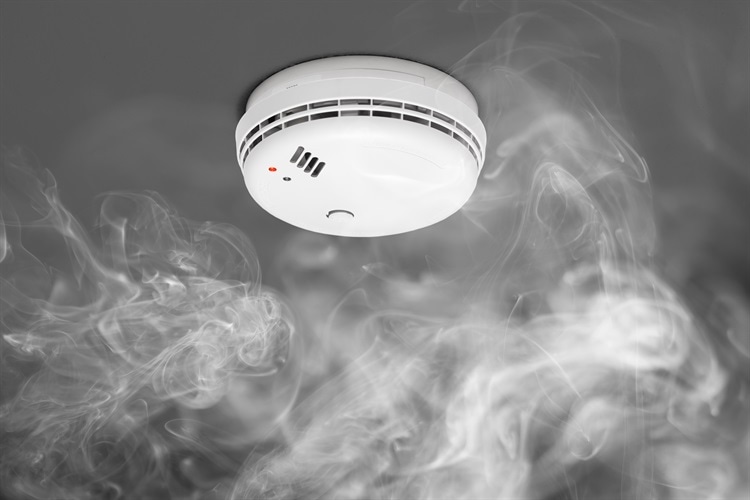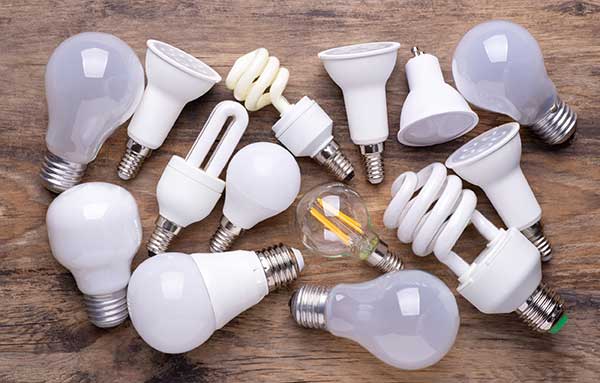Hey! Have you ever wanted to learn about smoke alarms? Probably not, but it is something that as a homeowner you need to be aware of. There are many things to know about smoke alarms that can keep your family safer and prevent minor mistakes from causing life long effects.
First things first, you need to know what to do in your home to prevent injuries. Closed doors slow the spread of smoke, heat, and fire; every bedroom should have a smoke alarm, and one on every floor. Larger homes may need more alarms. All of your alarms should be interconnected per code in newer homes but battery operated ones are adequate for safety. You should test once a month, change the batteries one a year, and replace each alarm every 10 years. An escape plan incase of a fire is also a good idea, so when children or elders hear the alarm they know what to do.
Installing your smoke alarm correctly is extremely important, and should be done by a professional. However if you decide to do it on your own, here are a few things you need to know.
- Install alarms in the living room and/or near the stairways (if applicable).
- Smoke alarms should be at least 3 feet from cooking appliances to avoid too many false alarms.
- Don’t install near windows, doors, or ducts with drafts.
- NEVER paint, decorate, or interfere with alarms.
- If you hear the chirp, the battery is low and needs to be replaced immediately.
There are 2 types of smoke alarms. Ionization; generally responsive to flaming fires and Photoelectric; usually respond to smoldering fires. For safety measures both can be used in your home. Fatal home fires are caused by a large number of both flaming and smoldering fires. The type of fire you will have cannot be predicted, so it adds safety to have both.
Some stats about smoke alarms:
- 3 out of 5 home fires deaths are due to either no smoke alarms (41%) or broken alarms (16%)
- Dead batteries caused 26% smoke alarms failures, resulting in death or injury
- Interconnected alarms allowed 26% people to be alerted of the fires
- The risk of dying by a home fire is cut in half with alarms
- Most home fires occur between 11pm-7am, which is when most people are sleeping.



